What exactly is OCD? Well, do you have some behavior patterns that are continuous? You spend a lot of time and energy trying to calm yourself from doing it. It may be strange thoughts and anxieties that trigger you to take a lot of stress, this could be an obsessive-compulsive disorder (OCD).
Many people associate OCD with washing hands obsessively, organizing the desk or putting things back in order, but it is so much more than that.
OCD is a mental health disorder characterized by invasive, distressing thoughts or compulsive behaviors. Obsessions can be persistent and recurring thoughts on the other hand compulsions are something that you may engage in to help soothe those thoughts.
If you’ve found it difficult to relate to someone or face some of the strange thoughts or concerns, or if you find yourself compelled to perform these routines, here are 9 weird things your OCD makes you do.
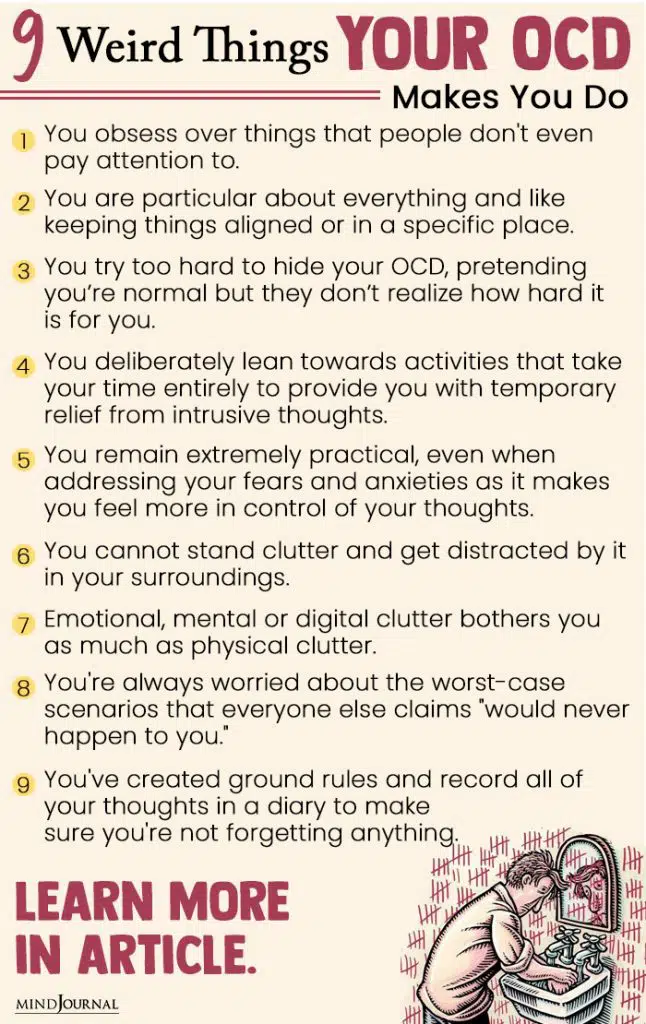
1. You obsess over things that people don’t even pay attention to.
There are many stereotypes about what people do when they have OCD. People usually associate it with walking into a room and starting to clean or repeatedly turning on and off a light.
However, it is much more than that the “obsessive” part can be overly sensitive to bad news. Some small detail of an analogy that emerges in discussions (that everyone else dismisses as a minor detail) will bother you for days after you hear it. You cannot easily let go of thoughts as well, let alone actions
When someone says something to you, your mind will constantly replay details and make you nervous, and you try to pause those replays in your mind frequently.
Read 5 Signs You Might Have OCD (Obsessive Compulsive Disorder)
2. You are particular about everything.
When we say everything, we really mean everything. Most people assume that you’re a perfectionist and like to do things in order. Whereas part of it is true, but there is a need to have situations and objects exactly right, you like keeping things aligned and in symmetry moreover, you are keen on keeping things in a specific place or in order.
It is not just a quirk or something you fancy doing, you are the type of person who pays attention to minute details that other people don’t notice. Hence, it compels you to be particular about certain things which are known as rituals.
3. You try too hard to hide your OCD pretending you’re okay, but they don’t realize how hard it is for you.
OCD is something that cannot be hidden while you are experiencing obsessive panic while sitting across from your friends; you try to make small talk as they tell their stories, but deep down you know how uneasy you are.
Many people with OCD have habits that become active when they are anxious or panicking. To keep themselves calm, they shake their feet or crack their knuckles, even scribble on a piece of paper.
Most people are unaware that when you have OCD, you can experience an overwhelming feeling of anxiety, guilt, or negative thoughts. You may also feel ashamed, embarrassed, and even indulge in self-hatred for feeling this way.
Along with you and the people around you need to accept that you cannot completely control your thoughts. Thereby allowing you to build the habit of acknowledging your thoughts.
4.You deliberately lean towards activities that take your time entirely.
When you’re trying to deal with your OCD, your mind tends to creep into irrational fears and intrusive thoughts that make you anxious.
So, to keep your mind from drifting, you pursue tasks or other activities that consume your thoughts and do not allow you to think about anything else. It is a coping mechanism for your obsessive thoughts that provide you with temporary relief. This action is known as refocusing.
For instance, when an obsessive thought comes to your mind, you quickly indulge in another behavior or action to keep your mind busy.
Sometimes you do it intentionally as you want to be completely engrossed in action because it prevents your mind from wandering and obsessing over insignificant issues.
Read Breaking Free Of Obsessive-Compulsive Disorder (OCD)
5. You remain extremely practical, even when addressing your fears and anxieties.
Your thought processes and rituals can consume a lot of your time and have an impact on your day-to-day life. From the fear of contamination, obsessive checking, and so on. When you are excluded from these trigger situations, you are able to distinguish your OCD-like behaviours and can even justify to yourself that what you are obsessing over is irrational.
They don’t realize that being practical makes you feel more in control when you can identify the irrationality in your obsessive thoughts.
Encourage yourself to talk about your OCD, because there is nothing to be embarrassed or ashamed of. When you share your experiences and receive support from family and friends, you will help to break the stigma and gain confidence.
6. You cannot stand clutter and get distracted by it in your surroundings.
Based on what triggers your compulsive nature, you may be unable to work in a cluttered environment or experience extreme anxiety while standing in crowds. For instance, you need to clean your room before you start working as it is impossible for you to function in a messy room. There can also be a sensory overload in some people due to loud or sharp noises which trigger anxiety.
Most people don’t realize that you’re not just ” irritable” or moody, but these triggers are actually causing you a lot of stress. You find yourself in situations where you need to make an excuse to leave because explaining that something triggered your OCD is complicated. So you remove yourself from such situations before things escalate.
Read Common Causes and Risk Factors of Mental Illness
7. Emotional, mental or digital clutter bothers you as much as physical clutter.
Apart from messy rooms and loud noises, there are things like having multiple tabs open in one browser that can drive you crazy. Similarly, if you have too many thoughts racing through your mind, you become overwhelmed and need some time alone to write down your thoughts just to give yourself some relief.
Moreover, emotional clutter can aggravate your OCD by providing you with yet another issue to obsess over. For example, you recall your interaction with your friend and try to decipher hidden meanings in what they said, gestures, and body language.
Others may not realise that while these things appear normal to them, they cause you severe anxiety and stress.
8. You’re always worried about the worst-case scenarios that everyone else claims “would never happen to you.”
It is natural to imagine the worst-case scenarios when you are dealing with OCD. People don’t understand that your obsessiveness also causes you to think irrationally at times, but you can’t help stop yourself from doing it. For example, you continue to wash your hands multiple times because you believe there are germs that could make you sick.
You frequently imagine these bad things happening and then need constant reassurance or a distraction to get the mental images out of your head.
9. You’ve created ground rules and record all of your thoughts in a diary.
OCD can cause you to be forgetful as you cannot focus on your obsessions and your real-life activities at the same time.
Hence, you’re constantly writing down your thoughts, maintaining reminders for yourself and leaving notes just to make sure you’re not forgetting anything.
People don’t realize that when you have OCD, you hold your apprehensions at the top of the priority list. It makes you worried that everything else that should be on your mind will slip through the cracks hence noting down your thoughts is important for you.
Read What is Obsessive Compulsive Disorder and How To Overcome It
Wrapping up
Some people have severe OCD, while others do not. In either case, you will require therapy to assist you in dealing with the repetitive behaviours and sensations.
Many people are still unaware of what OCD is and what symptoms one may experience. They believe you’re either “overthinking” or acting strangely.
We hope you were able to relate to these signs and helped you discover the need to express your thoughts.

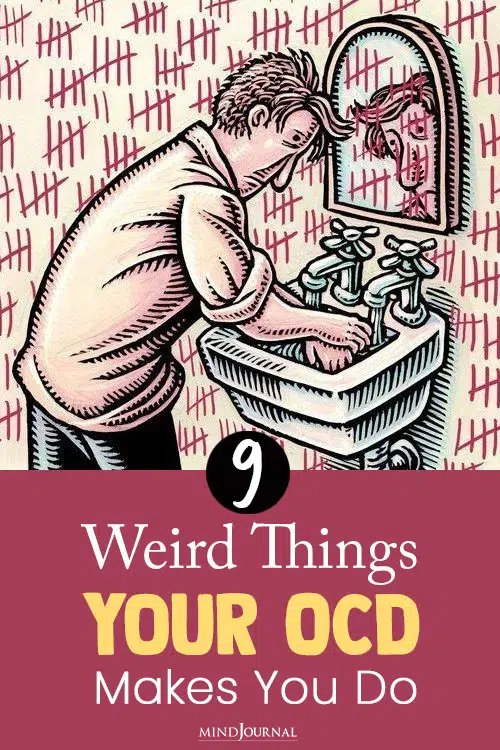
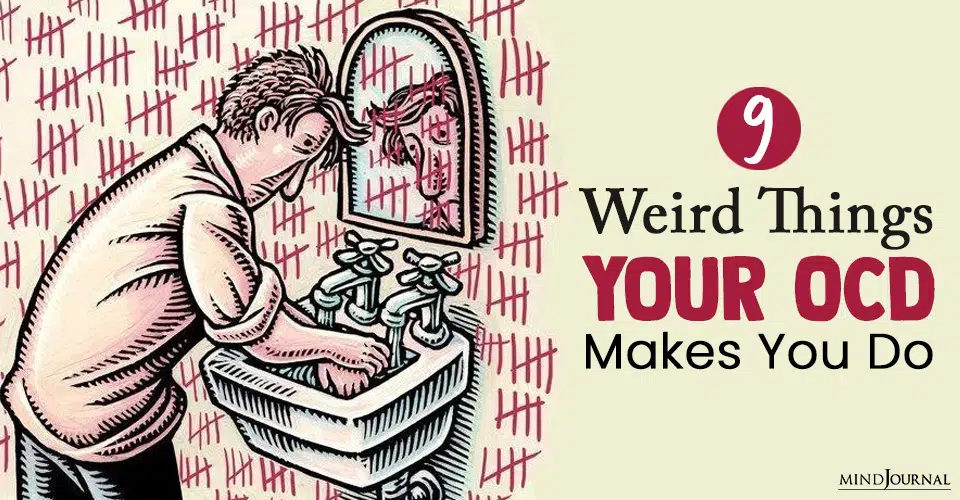

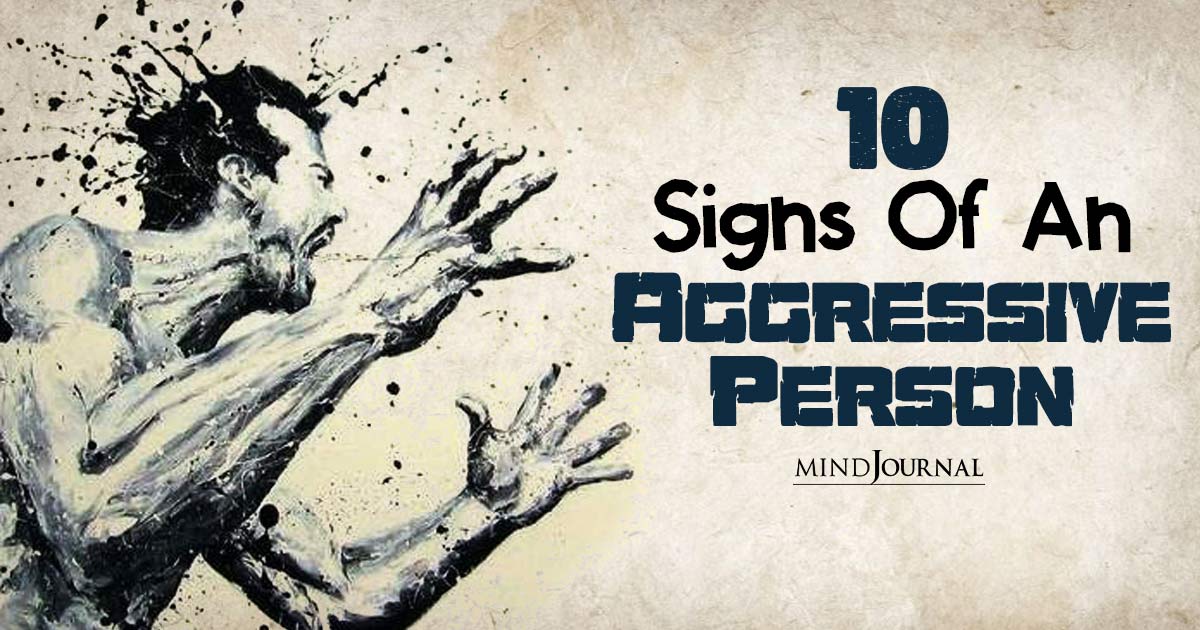
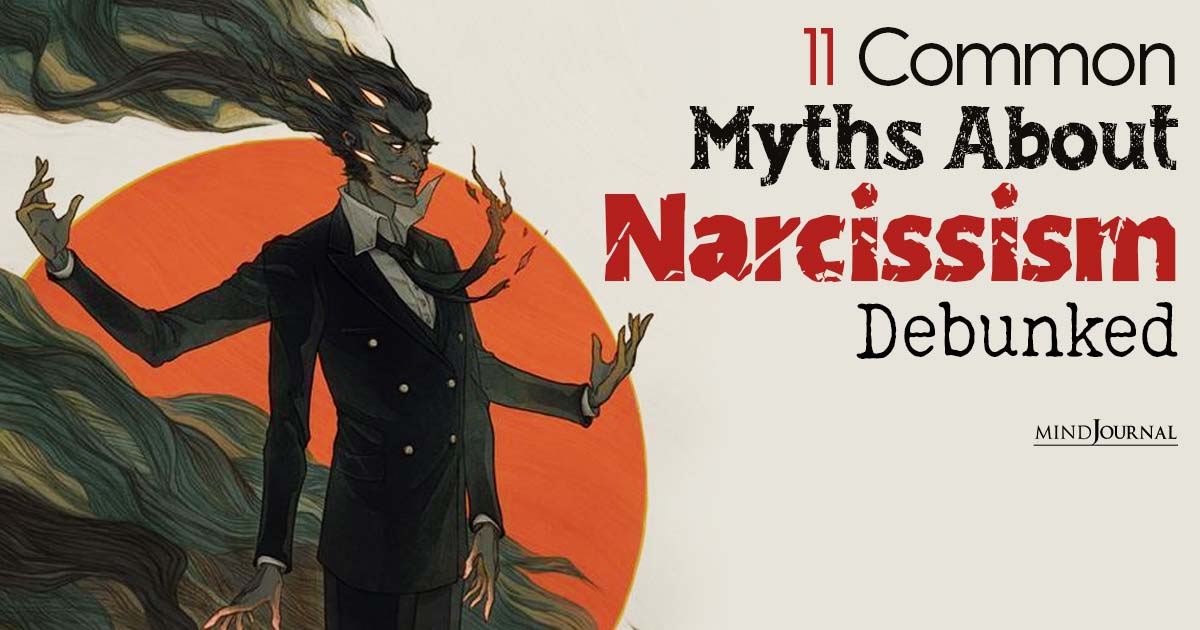



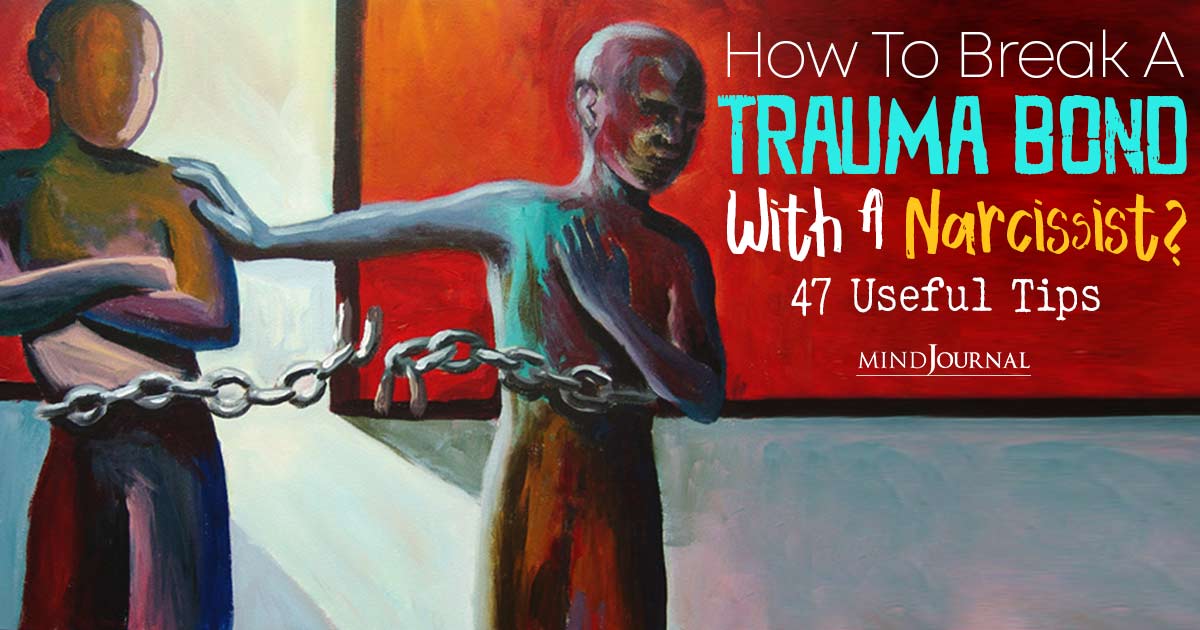
Leave a Reply
You must be logged in to post a comment.